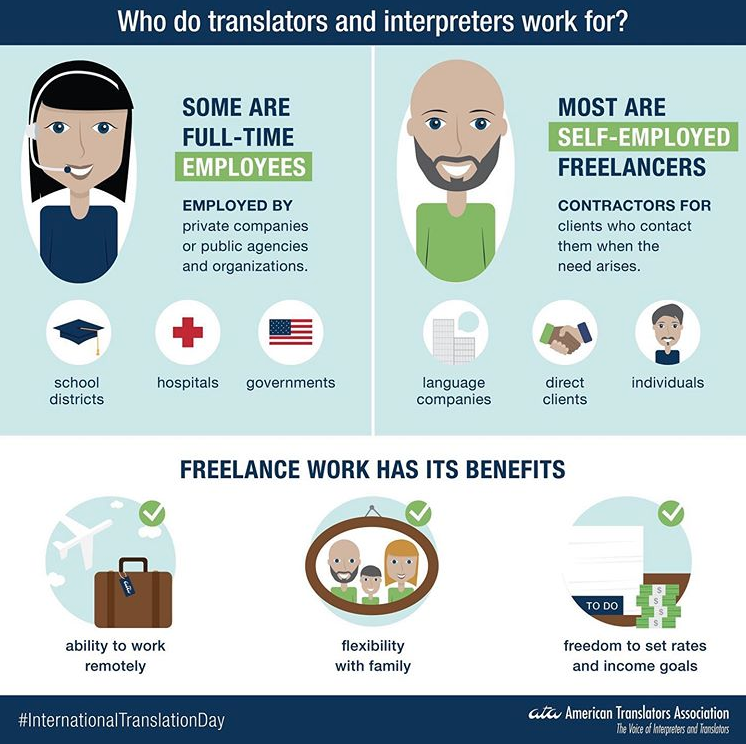Rafa Lombardino
California Assembly Bill # 5, or AB5 for short, came as a result of a court case that went to the Supreme Court of California involving Los Angeles County and Dynamex Operations West, Inc., a transportation and logistics company. The purpose of this bill was to classify workers–mostly drivers–as employees. Now, the burden of proof for classifying individuals as independent contractors falls on the hiring company. Considering that, AB5 gives workers a chance to be seen as employees and receive more labor protection, i.e., minimum wage, sick leave, unemployment benefits, and workers’ compensation, which do not apply to independent contractors.
ATA President on AB5: “It’s Not Just in California”
AB5 was introduced by Assemblymember Lorena Gonzalez, endorsed by Governor Gavin Newsom, approved by the California State Senate, and signed into law in September 2019, taking effect on January 1st, 2020. The law is based on what is known as the ABC test, which was first established by the State of Massachusetts back in 2004. This is a three-part assessment to check if a worker was misclassified, and it’s based on these three questions:
(A) Is the individual free from direction and control under contract while performing a service?
(B) Is the service performed outside the usual course of the employer’s business?
(C) Is the individual engaged in an independently established trade, occupation, profession, or business of the same nature as the service performed?
In a nutshell, this bill was first introduced with gig-economy workers in mind. In other words, it was all about drivers for apps like Uber and Lyft or delivery services like Grubhub, Postmates, or Amazon. Uber and Lyft already applied for an exemption, and they were both denied.
Several businesses were granted an exemption because they successfully demonstrated that their independent contractors
- have the freedom to set and negotiate prices
- have direct communication with customers
- earn at least twice the minimum wage
Some professions were actually exempt from AB5 from the get-go, including doctors, dentists, psychologists, insurance agents, stockbrokers, lawyers, accountants, engineers, and real estate agents—because they are all considered professionals who set their own prices and work conditions.
How is it related to translators and interpreters? Our peers in California are NOT exempt from AB5, which is causing major problems for our fellow colleagues in California. So, every single translator who is a freelancer in California has been affected by this new law. Some have received letters from large translation agencies about how they can no longer work together because companies are trying to protect themselves and, instead of going through the trouble of proving that their independent contractors should not be classified as employees, they would rather stop working with California freelancers altogether.
Several prominent translators and interpreters in California have been taking action against AB5 to make sure their livelihood is not affected. ATA is also making some noise around the subject so that translators and interpreters are considered an exception since there’s no way we could be classified as employees by all of the clients we work with on a regular basis.
If you’re outside California, odds are you’ve never even heard about AB5, and there is a chance that other states in the United States and other countries worldwide could be considering the same kind of legislation while only keeping in mind gig-economy workers who are working under pretty bad conditions for big businesses like Uber, Lyft, Postmates, Grubhub, and Amazon, for example. Still, professional freelancers like us, or photographers, designers, musicians, etc. should not be affected by a bill like this because one size definitely does not fit all.
For more information on AB5, check the links below, where you’ll find articles with more background information on this issue. The more people we have talking about it, the easier it will be to make our representatives aware of the problem they’re creating, despite the best intentions they may have.
- READ THE BILL ― AB-5 Worker Status: Employees and Independent Contractors
- ATA’s Statement of Position Regarding California Assembly Bill 5 and Request for Exemption
- Coalition of Practicing Translators and Interpreters of California (CoPTIC)
- ATISDA ― What does AB5 hold for the future of our profession?
- NCTA ― Questions about AB5?
- NAJIT’s Statement About AB5
- AIIC USA Conference Interpreters Position Statement on Assembly Bill 5
- TAALS Position Statement on AB5
- AB5 Articles Archive: The Adverse Effects of AB5
- NYT ― California Wanted to Protect Uber Drivers. Now It May Hurt Freelancers.
- FORBES ― California Threatens $1 Trillion Gig Economy With New Law
- NPR ― 1 in 10 Workers is an Independent Contractor, Labor Department Says
- WATCH: Translator David Higbee explains how he and others are being shackled by regulations of AB 5
- WATCH: Impact of gig worker bill AB 5 on court interpreters (Interview with Interpreter Marybel Carino)
- WATCH: Impact of gig worker bill AB 5 on translators and interpreters
- LISTEN: Assembly Bill Number 5
- CHANGE.ORG ― AB5 is Discriminatory and Unconstitutional
- Tell California Lawmakers: Protect Our Freedom to Work Independently
- AB5: AIJIC Lobbies in Sacramento
- ‘Translation Agencies Are Cancelling My Contracts’ — California’s AB5 Bill Starts to Bite
- Uncertainty for Interpreters as Gig Economy Bill (AB5) Passes California Senate
- California language service companies and freelancers in limbo after AB5
- From interpreters and journalists to pet sitters, California’s gig economy law has independent contractors fretting
- How AB5 Affects Translators in California
- Will new California law change your freelance translation work? Maybe.

RAFA LOMBARDINO is a translator and journalist from Brazil who lives in California. She is the author of “Tools and Technology in Translation ― The Profile of Beginning Language Professionals in the Digital Age,” which is based on her University of California San Diego Extension class by the same name. She is certified by ATA in both English-to-Portuguese and Portuguese-to-English translations and has a Professional Certificate in Spanish-to-English translations from the University of California, San Diego Extension. Rafa is one of the co-founders of the Association of Translators and Interpreters in the San Diego Area (ATISDA) and has served as PLD’s Blog Editor (2014-2017 & 2020-present) and Division Administrator (2017-2019).


https://slator.com/industry-news/california-translators-interpreters-win-exemption-from-gig-worker-bill-ab5/